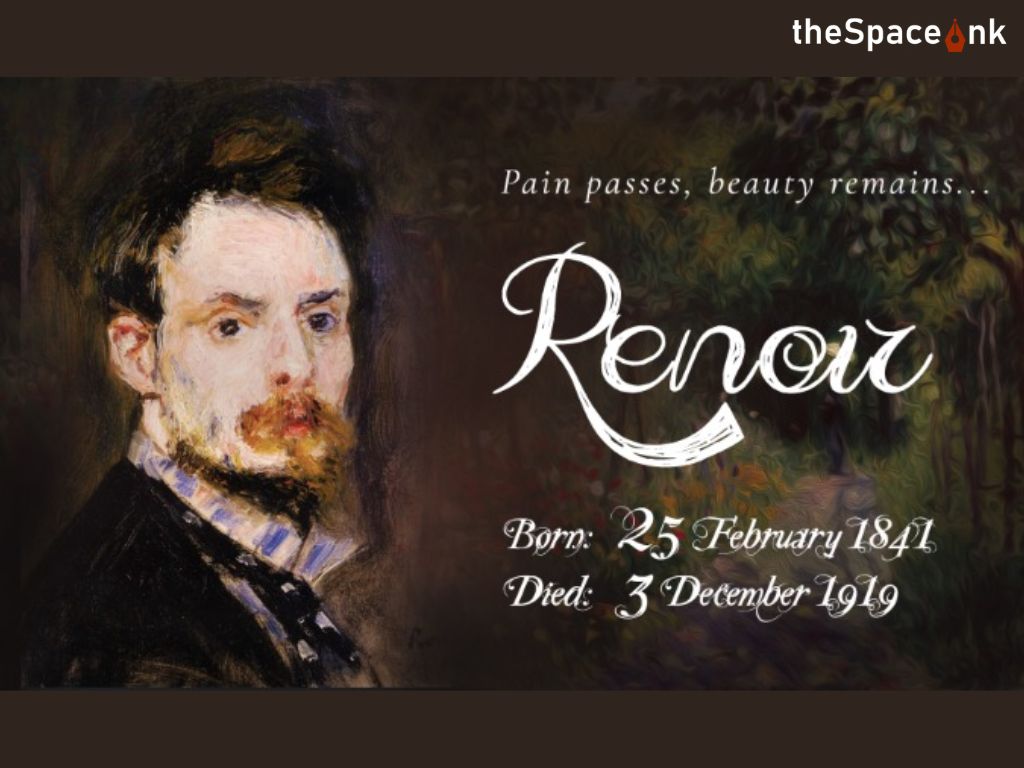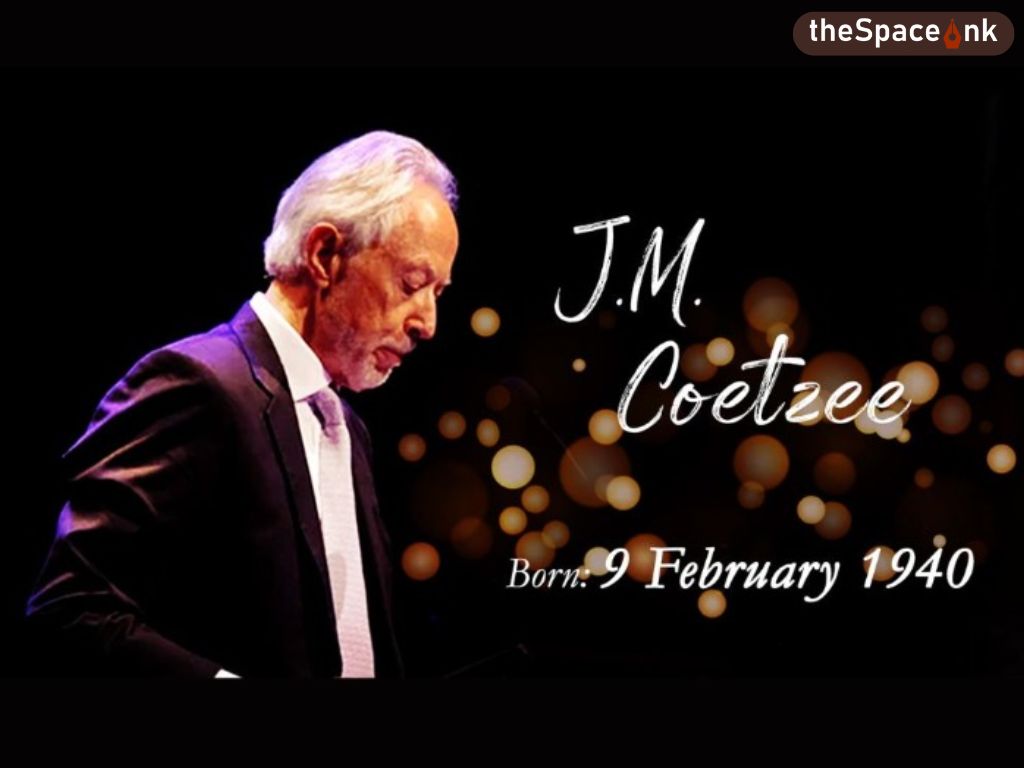On June 19, 1947, Salman Rushdie was born in Bombay, which is now Mumbai. Growing up in a Muslim family from Kashmir, his formative years took place in the dynamic and metamorphic environment of post-colonial India. His mother, a devoted teacher named Negin Bhatt, and father, Anis Ahmed Rushdie, a lawyer who attended Cambridge and went on to become a businessman, gave young Salman a wealth of intellectual curiosity and cultural insights.
His writing would later be known for its fusion of traditional heritage and contemporary education, which reflected the intricate relationship between myth and history in his story.
Salman Rushdie began a new chapter in his life after relocating to England. His admission to a prominent boarding school prepared him for his studies in history at King’s College, Cambridge. His in-depth research on historical occurrences and social structures paid off.
Salman Rushdie understood how individual tales fit into the larger fabric of national and international narratives. The foundation for his subsequent works of art, where magic and history would meet on the pages of his novels, was laid here.
His literary career started with earlier works like Grimus. But his 1981 publication Midnight’s Children was the one that really made his debut on the international scene. Readers all across the world were instantly captivated by this book, which combined magic realism with the vibrant chaos of postcolonial India. Midnight’s Children, which won the Booker Prize, became a symbol of how one story can depict the birth and rebirth of a nation, connecting the fate of an individual to the fate of an entire region.
Video: Echoes of Empathy, Maxim Gorky – Voice of the people
Salman Rushdie’s career was distinguished not only by his genius, but also by his unwavering bravery. His novel, The Satanic Verses, which he published in 1988, challenged traditional religious beliefs and reimagined sacred stories. Due to its irreverent treatment of sacred themes, this work caused a great deal of controversy.
The retaliation was quick and harsh. When Iran’s Ayatollah Khomeini issued a fatwa—an extraordinary call to violence—against him, Rushdie was thrown into a dangerous world where literary and social, religious, and political forces clashed. Rushdie became a worldwide symbol for the struggle for free speech and the cost that frequently accompanies radical ideas because of his unwavering resolve in the face of threats.
Salman Rushdie’s literary legacy has been solidified over the years by a plethora of awards. In addition to receiving recognition on a global scale for his innovative stories, he was knighted in 2007 and elected a Fellow of the Royal Society of Literature, both of which acknowledged his enormous contributions to the field of letters.
His writing has not only influenced adult fiction. He has enthralled younger readers with works like Haroun and the Sea of Stories, demonstrating how his work transcends genres. His stories continue to stand as a testament to the timeless power of storytelling, and each of these pieces reflects his underlying dedication to examining the conflicts and ties between Eastern and Western cultures.
Salman Rushdie’s life was interspersed with moments of extreme danger, despite his literary achievements. He suffered lifelong injuries from a stabbing in 2022, a violent attack that occurred recently, but his fortitude was evident as a living example of the sacrifice and conviction that go into artistic freedom.
The wounds from the controversy and the violence are deep. Salman Rushdie is a powerful reminder of the dangers of speaking out against authority and prejudice. His life and work force us to consider the liberties we have and the obligations they entail—to question conventions, to consider difficult issues, and to honor the transcendental art of storytelling.








